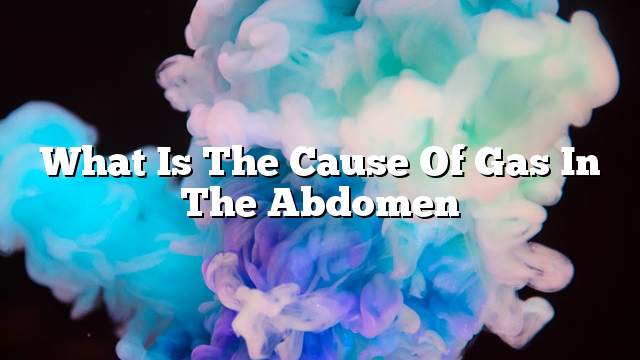What is the puff in the abdomen? Inflammation in the abdomen is the condition in which you feel pain and an uncomfortable feeling in the abdomen leading to tightness. The swelling may be obvious. Swelling is a common cause of a complaint and affects between 10 and 30 percent of adults. Of the University of North Carolina, the swelling in the abdomen interferes with a person’s ability to work and participate in social or recreational activities, compared to people who do not suffer from abdominal bloating.
What are the symptoms of abdominal distension?
Symptoms of bulging can be vague and difficult to identify, but most people describe it as an uncomfortable feeling of fullness, tightness or swelling in the abdomen, and may be accompanied by pain and excessive gas outflow (swelling of the abdomen), and may increase to cause frequent burping or feeling waves Belly.
What causes abdominal swelling?
The most common causes of bloating in the abdomen are: ingestion of air, constipation and burning or if you suffer from irritable bowel syndrome as well as intolerance to dairy products may be the cause and as eating is very fast causing the ingestion of air and therefore the occurrence of gases, Gases and microbial growth in the small intestine as well as Giardia (intestinal parasites) or deformities in the structure of the digestive system as well as some drugs may increase the exit of gases, as well as sugar substitutes (fructose and sorbitol) may cause abdominal bloating
As can be symptoms of several serious situations, including:
Fluid in the abdominal cavity (ascites) as a result of cancer, liver disease, renal failure, congestive heart failure, and other disorders such as celiac disease (wheat gluten intolerance) or ovarian cancer as well as pancreatic insufficiency (poor digestion because the pancreas can not produce enough digestive enzymes).
Options for treatment of abdominal distension:
In many cases, you can treat the symptoms of bloating in the abdomen and can be reduced or even prevented by adopting some simple changes in life such as: Not chewing gum: chewing chewing gum can cause the ingestion of air further, which in turn can cause swelling , As it is recommended to reduce the intake of soft drinks, and avoid “gaseous” foods, and as some vegetables increase the proportion of gases significantly, such as cabbage, dried beans, lentils, and you should avoid drinking through the straw and may be losing weight if you are overweight Positive on reducing gas emissions and puff pain.
